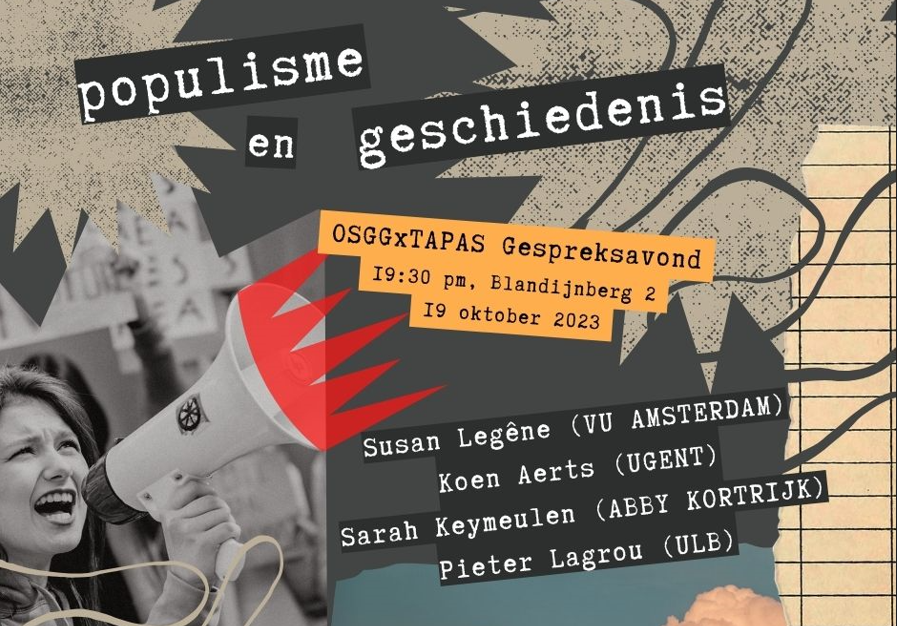*** Work in Progress ***
 Abstract
Abstract
Historical distance, the perceived otherness that separates the past from the present, is often conceived as the condition for historical research since history’s professionalization in the mid-19th century. There have been two approaches to conceptualize historical distance: a realist one that presupposes it as an innate ontological fact, and an irrealist one that embraces it as a result of human construction. Both approaches have shortcomings: the former neglects various ways in which historians mediate the past-present relation, and the latter fails to address how distance is practically constructed and embodied in historiographical text. Drawing on the contructivist elements in the second irrealist approach, I adopt a Ricoeurian view that historical distance is an artificial product of narrative emplotment. I argue that there’s a dual nature of distance configuration: the narratives that intensify such otherness to create detachment, referred to as distanciation, and those that alleviate the otherness to fashion immediacy as approximation. To bridge the gap between philosophical speculation on distance and contemporary historical practice, and to elucidate the political implication entailed by distance configuration, I will conclude by briefly touching upon a case from the late Natalie Zemon Davis. I show how the balancing between distanciation and approximation not only aligns her text with disciplinary requirements but also characterizes it as an implicit emancipatory political engagement.
Bionote
Bowen Ran is PhD candidate in history at Erasmus University Rotterdam (EUR). He has a keen interest in meta-reflections on how people from different contexts and times have shaped and related to the past. The primary concern of his research includes historical consciousness, historical culture, and philosophy of history. His PhD project examines the configuration of historical distance in politically engaged Anglophone historiographies from the 1960s to the 1990s, based on the historical narrative of three historians: Howard Zinn, E. P. Thompson, and Natalie Zemon Davis. Additionally, he works as a freelance academic translator, having translated numerous books, articles, and videos into Chinese. He is also co-running a social media channel focused on history and theory that facilitates intellectual exchanges between the Sinophone academia and the West.
Practical Information
When?
November 10, 2023 – 12:30 – 14:00 BST
Where?
- Join us offline:
Vergaderzaal Malpertuis at the UFO (third floor, when you come out of the elevator turn right), Sint-Pietersnieuwstraat 35, 9000 Ghent. If you wish to join us offline, please send us an e-mail at tapas@Ugent.be so that we can reserve you a seat.
- Join us online:
https://us06web.zoom.us/j/84684155791?pwd=aHO6GskTnYjKDbNgJ9iLEdQRcoEkrT.1
会议号: 846 8415 5791
密码: 614333
